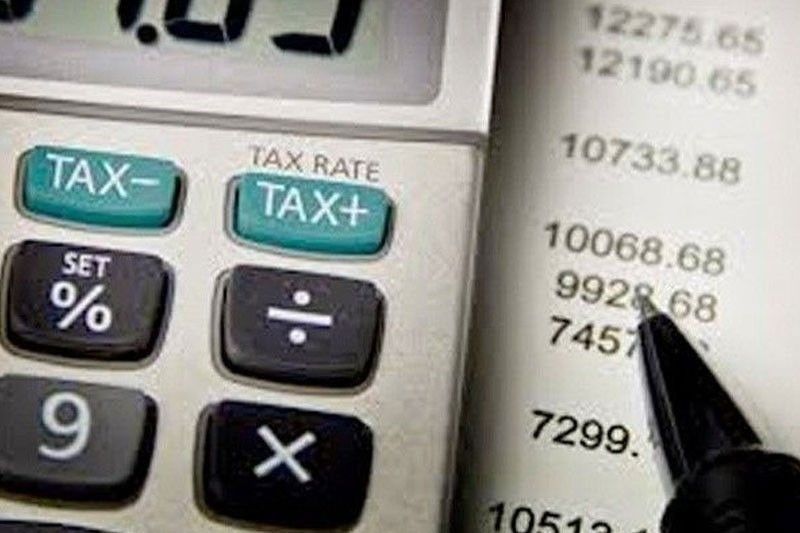Push for wealth tax resurfaces

As digital tax seen to hit consumers more
MANILA, Philippines — The proposal to tax the wealthy population has resurfaced again after the government imposed a value-added tax (VAT) on foreign digital service providers which would hit Filipino consumers anew.
Consumer group Samahan at Ugnayan ng mga Konsyumer para sa Ikauunlad ng Bayan (SUKI) Network renewed its call for a wealth tax while decrying the recently enacted 12-percent VAT on all digital services consumed in the Philippines.
The group said the new VAT is a burden to consumers and instead called for a direct tax on corporations and billionaires.
The new law on digital services includes online search engines, marketplaces, cloud services, online media, online advertising and digital goods.
This covers video streaming such as Netflix, Viu, Prime Video and HBO, music streaming like Spotify and Apple Music and service vendors iTunes Store and Google Play, as well as video games like Activision and Nintendo.
According to SUKI, this will just worsen the tax burden that already comes with the use of local digital services such as GCash, Maya, Globe and Smart online payment and financial services, digital advertising and marketing and telecommunication services.
“Outside the VAT, local digital service providers have been imposing fees here and there, making ease of digital transactions – such as cash transfers, bills payment, loans and purchases – a privilege rather than benefiting all,” SUKI said.
The group emphasized that VAT across goods and services should be scrapped because it disproportionately affects poor households as it charges the same rate regardless of income.
If the government wants to earn more revenues, SUKI argued that billionaires should be taxed instead of imposing the VAT on digital services.
“A wealth tax would be more equitable and effective. Imposing a tax on the top 20 billionaires would generate around P98 billion,” SUKI said.
Last year, Senator Sherwin Gatchalian said he wants higher tax rates for the wealthy population following the concept of progressivity. However, no bill was filed noting that the tax is “looking more complicated than expected.”
The closest measure would be Albay Rep. Joey Salceda’s proposal to tax luxury items and non-essential goods among rich Filipinos.
Research and advocacy group IBON Foundation has long been saying that the best way for the government to expand fiscal space and increase urgent spending is with a recurring wealth tax that would cover the country’s 2,900 billionaires.
IBON’s proposal imposes higher corporate income taxes on the country’s 4,500 large corporations and higher personal income taxes on families earning P500,000 or more per month.
Data showed that a one percent tax on wealth over P1 billion, two percent on over P2 billion and three percent on over P3 billion can potentially generate P497.1 billion in revenues.
- Latest
- Trending






























